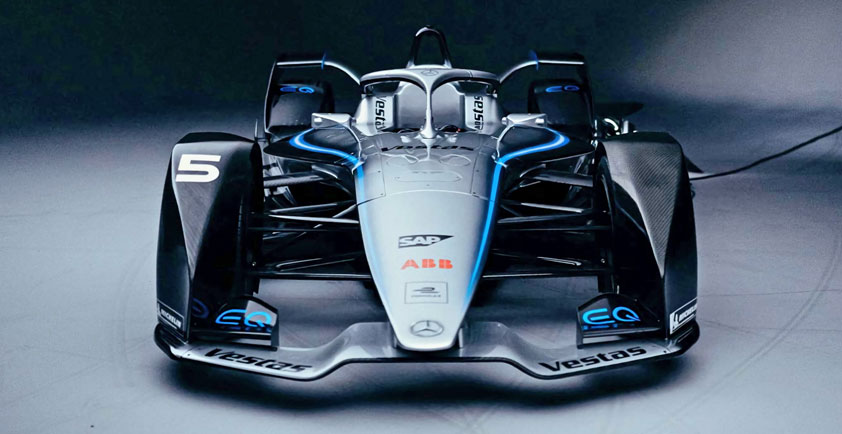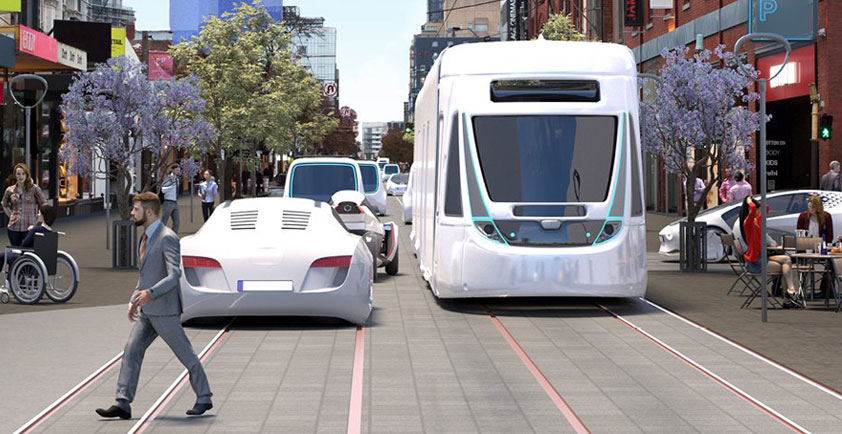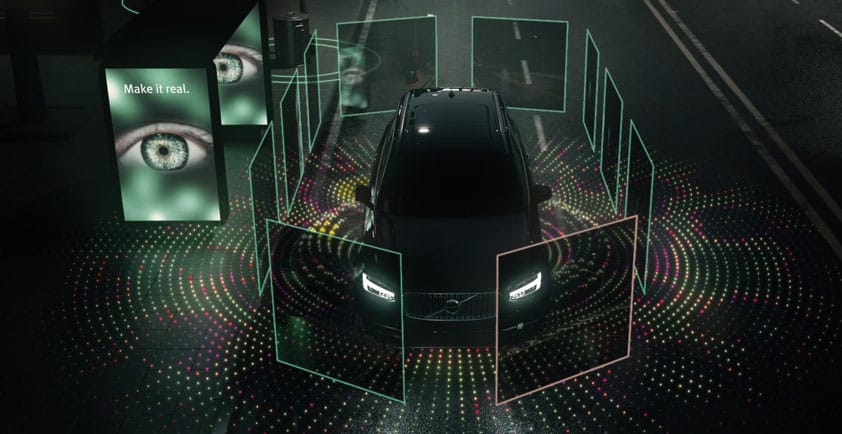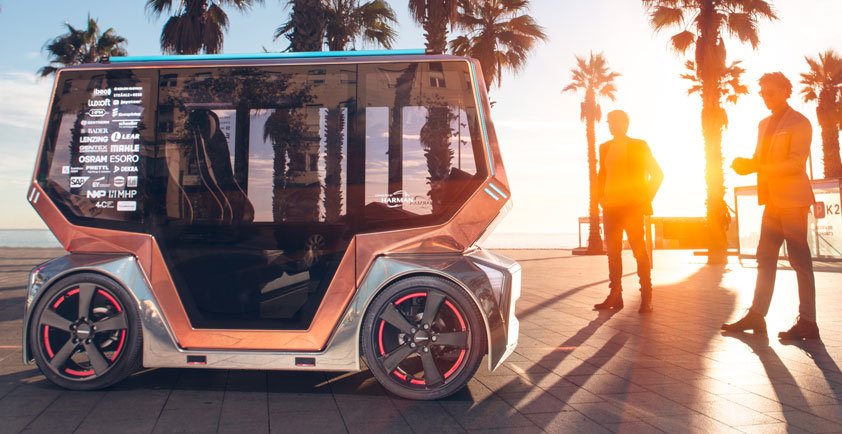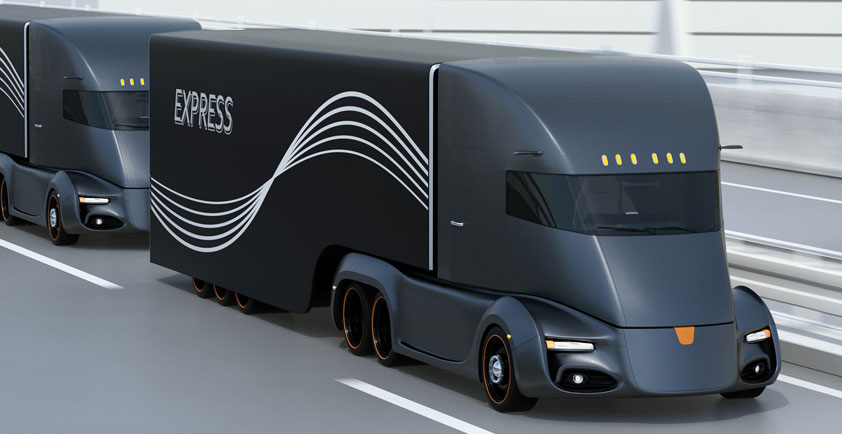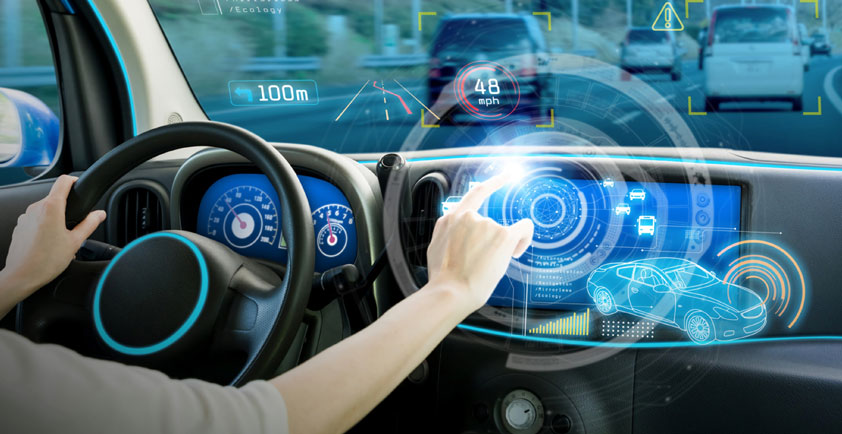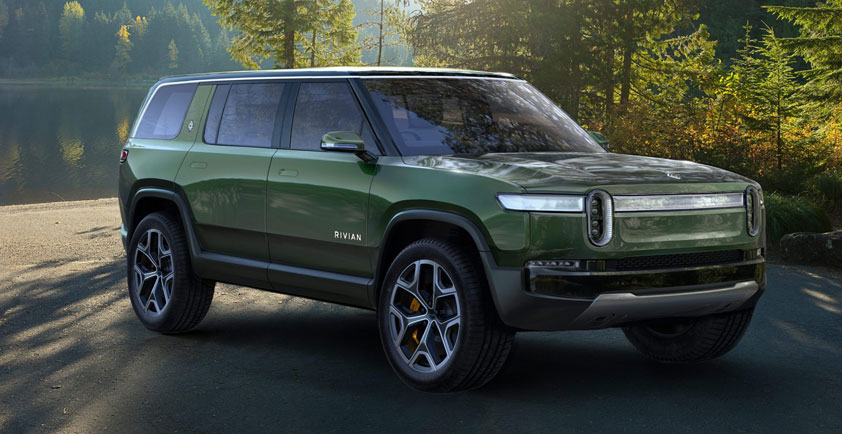
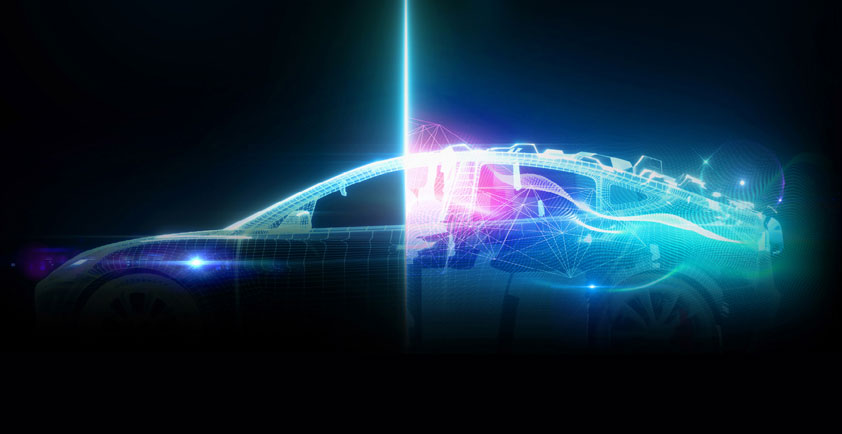
THE INTELLIGENT AUTOMOTIVE ENTERPRISE: FIVE WAYS FORWARD
For decades, the automotive industry has focused intently on excellence in the design, manufacturing, and distribution of cars and components at scale. While this still remains important, today’s customers are looking for different transportation options and experiences. They expect connected vehicles that act more like technology platforms on wheels.
Increasingly, customers expect the automotive ecosystem to deliver engaging and trusted experiences. As a result, revenue is shifting from vehicle sales to data-enabled services that increase customer choice and convenience.
To contend with this changing landscape and move toward becoming intelligent enterprises, companies in the automotive industry are focusing on the following five key strategic priorities:
Customer-centricity
Digitally savvy customers today expect contextual access on multiple channels to products and services. Mobility services will be key to delivering on this expectation – and increasingly, automotive companies will compete with technology companies to connect with customers directly. This will require automotive companies to become more customer-centric.
Customer-centricity at scale requires data. This means that dealers and OEMs will seek to leverage data from connected vehicles to develop a 360-degree view of their customers and a single view of all channel interactions. The goal is to serve customers across all the channels they use to interact with the company.
Mobility services
The ability to connect digitally with customers is increasingly becoming the key differentiator in the automotive industry. The company that capitalizes the most on customer insights to provide superior experiences will be the company that controls the customer relationship.
Moving forward, insights from vehicle and customer data will drive new business models. Services will be offered directly from the car and delivered through cross-industry partnerships. Companies will seamlessly integrate operational and contextual feedback from vehicles, consumers, partners, and employees to continuously innovate and improve their customer, product, and brand experience. In the end, the car will become a platform for delivering a wide array of services focused on anything from mapping and GPS data to parking availability and integrated billing.
Connected cars
A connected car has the ability to provide a constant feedback loop to the manufacturer. Data collected can help design and development teams to constantly make changes to the vehicle that customers expect. As a result, product design and improvements will become far more agile, faster, and less costly.
Advances like these, however, will require continued process-optimization initiatives aimed at generating more insight and value from data. Sophisticated data management is the key to success with connected vehicles. Increasingly, companies will use technologies such as machine learning to analyze bigger and bigger data sets with the goal of predicting demand, increasing quality, improving service levels, and more.
Digital supply chain and smart manufacturing
In today’s environment, supply chains and manufacturing networks must be completely modular and flexible. They must be able to execute seamlessly and respond directly to demand signals and customer orders.
This will require increased automation on the shop floor, including the use of new technologies such as “cobots,” drones, augmented reality, and machine learning to increase efficiency even more. To execute, collaboration across all phases of production will be critical. Automotive companies will need to operate digitally in real time, using connected machines to deliver real-time information that fuel flexible processes to allow for more flexible production schedules.
Engaging with a changing workforce
Workforce change is coming soon. As baby boomers retire, millennials will dominate, and Gen Zers will also be entering the workforce.
To prevent the loss of critical trade skills, automotive companies will improve the hiring experience by screening job applications with advanced technology and more rapidly attracting and onboarding new talent. They will also make knowledge-sharing, training, and feedback loops a natural part of the employee management process. Key technologies that are helping to lead the way include embedded training, digital assistants, conversational UI, and augmented reality – all of which help to improve worker productivity and job quality.
The future is bright
Our industry is at a tipping point. Competition from unexpected sources, increased consumer expectations, and a dramatic shift in the place cars hold in peoples’ lives are forcing the industry to confront some difficult decisions. Still, there has never been a greater opportunity to have an outsized impact on society. It is, indeed, a great time to be in the automotive business.
Author: Judy Cubiss - Global Marketing Lead for Industrial Machinery and Components and Automotive at SAP
